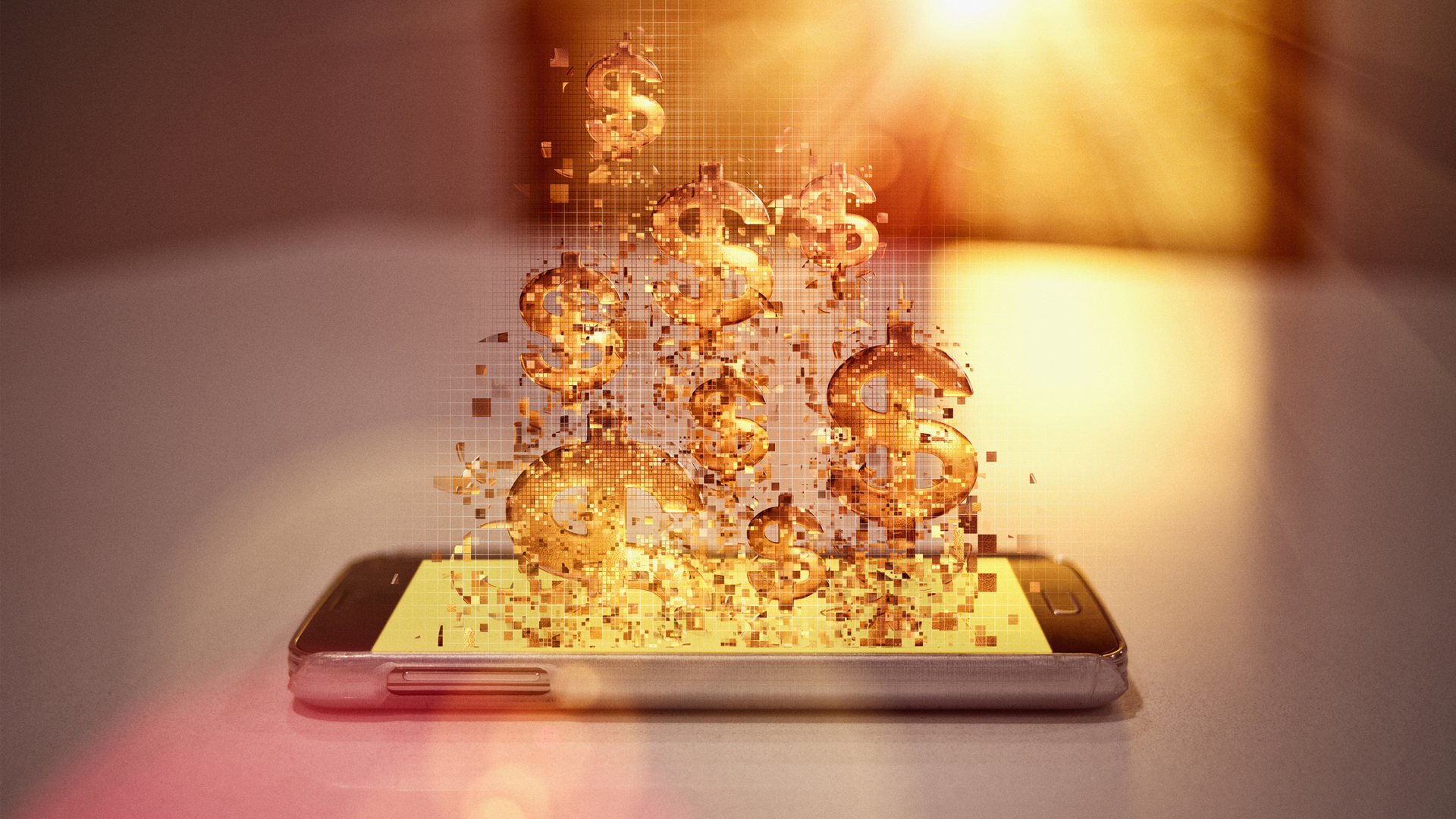If you’ve taken out a contract with your cell phone provider where you pay off the cost of your device in monthly installments, you may be wondering whether it will affect your credit score. Unfortunately, unlike some other forms of credit, the answer isn’t as simple as it may initially appear, so to answer the question of “does your cell phone bill affect your credit score?”, we need to delve a little deeper. Here are a few things you need to be aware of when it comes to cell phones and credit scores.
Cell phone providers will check your credit history
The first thing to keep in mind is that cell phone companies will always check your credit history before approving your application for finance. This is because you’re essentially taking out a loan with the provider, and as such, they’ll want to be confident that you’re not a credit risk and can keep up with your repayments. This means they’ll run a credit check on your profile to ascertain your eligibility, and much like with all other hard inquiries, there’ll be a temporary dip to your credit score as a result. However, the effect on your overall profile should be negligible, and the inquiry will fall off your report after two years. That's about the length of time you'll have a smartphone handset, however.
Yet this also means that your credit score needs to be high enough in order to be approved for cell phone finance – each provider will have different criteria so there’s no set minimum score, though if you’ve got bad credit you’ll find it harder to be accepted. And if you’re refused credit altogether, this can also show up on your report. If you think your score could do with being taken up a notch or two, it could be worth checking out the best credit repair services before you apply for your new contract.

Missed payments can negatively impact your score…
As with all forms of credit, you’ll be expected to keep up with your monthly repayments, otherwise the credit bureaus could be notified and your score compromised. This may not always happen straight away – a single missed payment, for example, shouldn’t have much of an impact – but if you consistently miss payments and your account is marked as delinquent and/or closed and sent to debt collection, your credit score will suffer. The same applies if you cancel the contract and don’t repay what you owe; in any situation where you don’t keep within the terms of your agreement, there’ll be a hit to your credit score, with the mark remaining on your report for seven years (though as with all derogatory marks, the impact will lessen over time).
…but paying on time won’t necessarily improve it
Here’s where the similarity with traditional loans come to an end, because although you’ve technically signed a credit agreement in order to take out a cell phone contract with a new phone, keeping up with the monthly payments won’t have a positive impact on your credit score. This is because providers won’t report accounts that are in good standing to the credit bureaus; the only time they’ll be made aware is if, as discussed above, the account falls delinquent. This means that, although missed payments can put a serious dent in your credit score, keeping up to date will do little to improve it, which means you won’t be able to use your cell phone contract to build a positive credit history. Though there are exceptions…

How can cell phone payments improve my credit score?
While cell phone payments aren’t normally included in your credit report, there are occasions where this doesn’t ring true – and in can in fact be possible to add your agreement to your profile in order to benefit from successful credit management.
Your first option is to self-report, though to make matters even more confusing, you can’t actually report your financial activity yourself. Instead, you’ll need to rely on third-party companies to do the reporting for you – these companies update the three main credit bureaus with payment histories of regular payments that aren’t typically reported, such as rent and utility bills. However, they’ll typically charge a fee for doing so, so you’ll need to weigh up whether or not the boost to your score will be worth the expense.
Another option is to sign up to Experian Boost, a service that allows you to add certain accounts – including your cell phone – to your credit report in order to ensure your payments are factored into your score. In this way, your on-time payments can have a positive impact on your credit report, which makes this service particularly suitable for those who don’t have many other forms of credit but who want to build a positive history.
Then there’s the more roundabout solution of paying for your cell phone bill with your credit card. Provided you manage it effectively – i.e. by making sure you pay off your credit card bill on time and in full each month – you can build a positive payment history and therefore improve your score, with your cell phone being the catalyst. The very best credit cards may be able to offer additional rewards for everyday spending, or even cell phone insurance as part of a wider rewards package, which could enhance the benefit of utilizing this method.
What’s the upshot?
So, does your cell phone bill affect your credit score? It can, but not always in the way you may hope. Unless you make the effort to actively report your payments to the credit bureaus and/or use credit cards to pay your bill, the only way your cell phone could impact your credit score is negatively, which makes it even more important to stay up-to-date with your payments. Of course, you could avoid the issue altogether by considering the best prepaid cell phones instead, but that’s another story.

